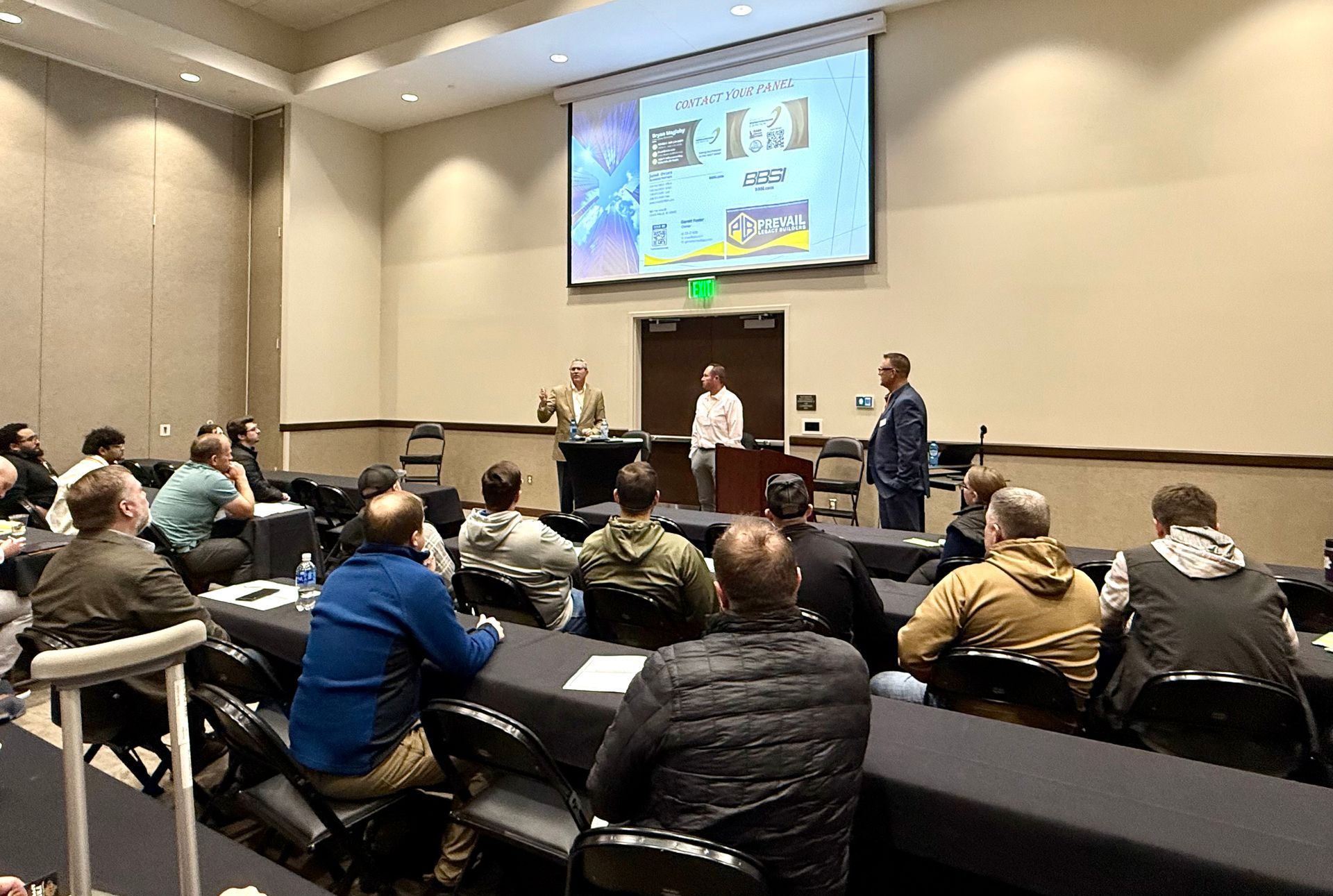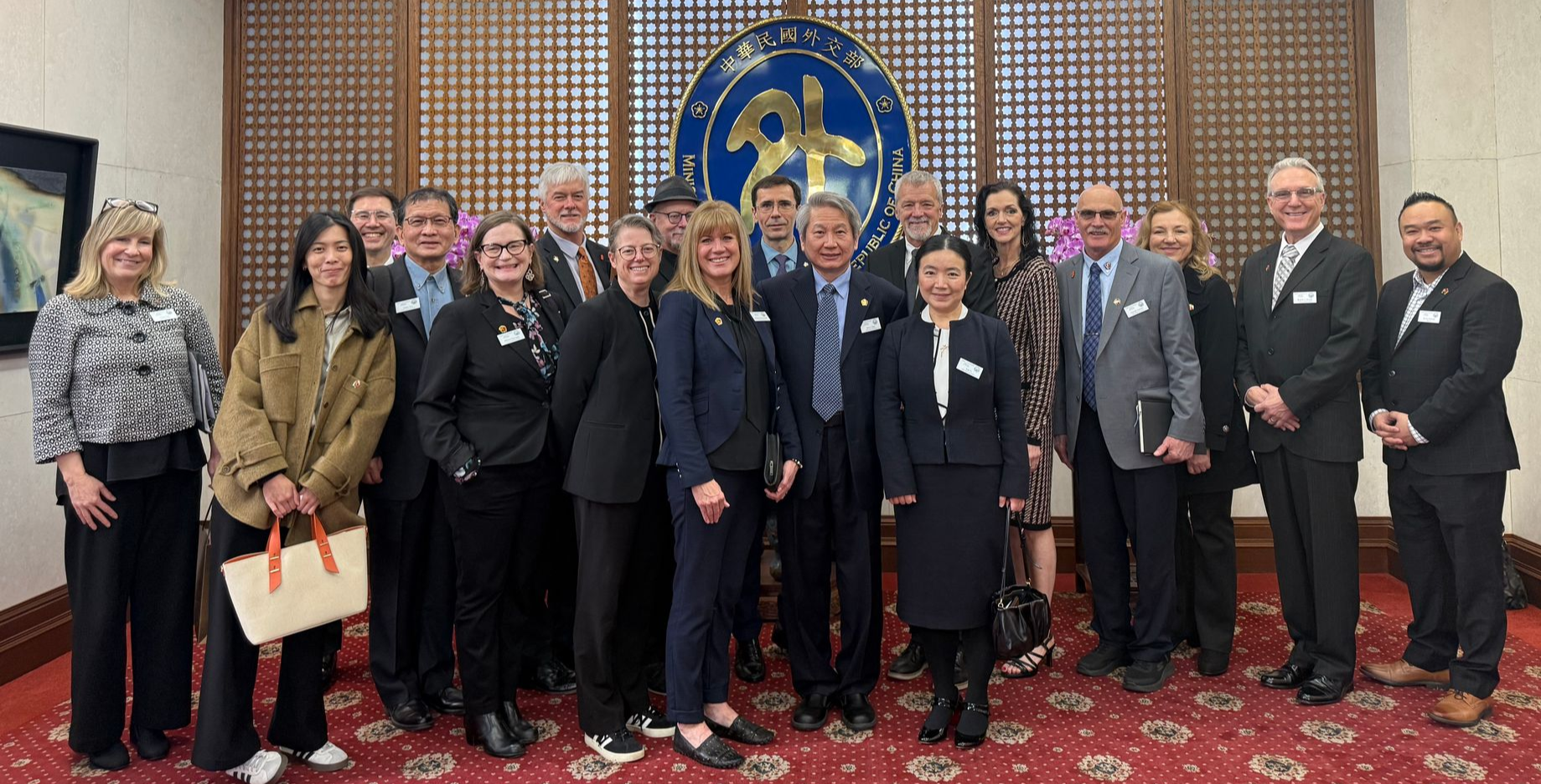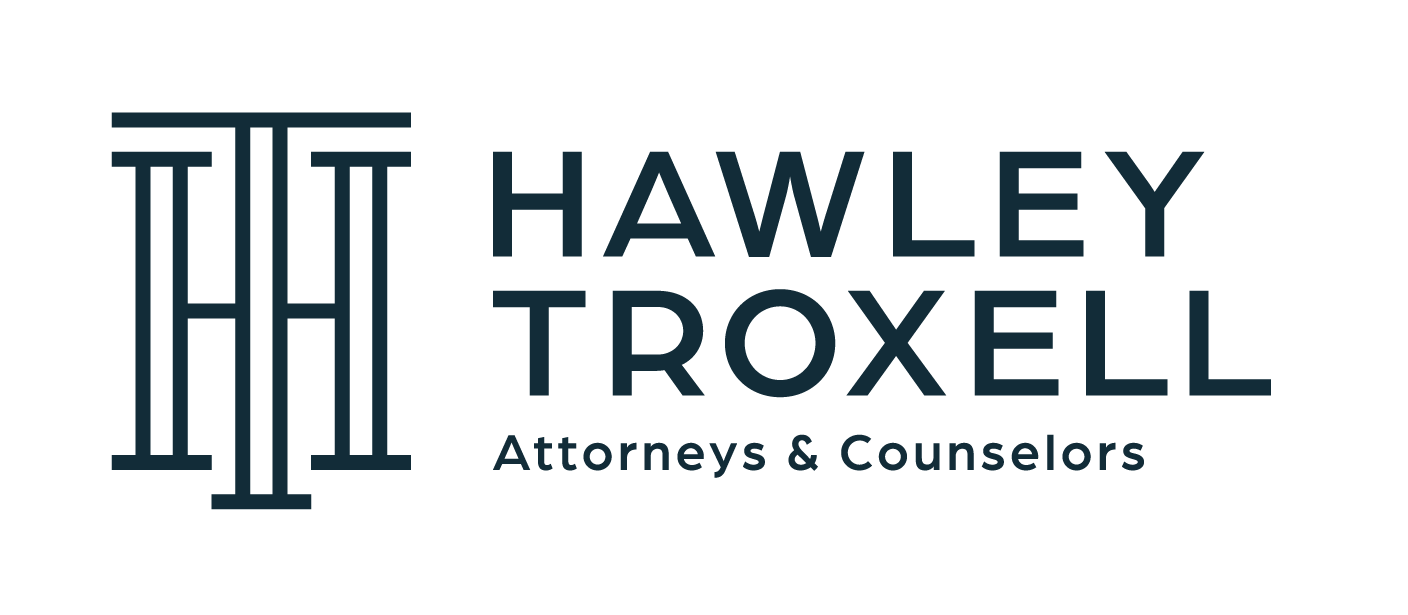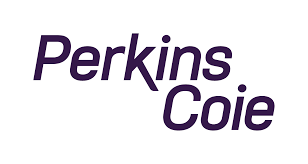
Idaho Technology Council Supports Digital Literacy Requirement
As published in IdahoED News and authored by ITC CEO, Diane Bevan
November 13,2024 - Idaho Technology Council: Digital literacy must be a core requirement in Idaho high schools.
As Idaho transitions into an increasingly digital world, it is imperative that our educational priorities evolve to meet the demands our students will face upon graduation. The Idaho Technology Council (ITC) fully supports state superintendent Debbie Critchfield’s initiative to replace the communication requirement with a digital literacy course. Digital literacy is not merely a technical skill; it is the foundation of modern communication, critical thinking, and problem-solving, and it is essential across every industry.
Too many Idaho graduates are leaving high school without the digital skills they need to thrive. Digital literacy has become the “new common language” that transcends industries, empowering students to adapt to the rapidly evolving landscape of work and communication. Skills in coding, online safety, data privacy, and digital citizenship are not optional in today’s job market. Our students deserve the skills that will help them confidently navigate this world, from communicating in digital forums to understanding and applying new technologies. Preparing our students for this environment will position Idaho’s workforce as competitive and resilient.
It is also crucial to note that this shift does not diminish the value of traditional communication skills. Local school districts will retain the autonomy to continue offering speech and communication courses as electives if their communities see value in them. Districts can adjust their course offerings to align with local preferences while still prioritizing statewide needs for digital proficiency. This flexibility empowers schools to serve both the evolving needs of the modern workforce and the unique priorities of their communities.
The proposed change encourages teachers across subjects to incorporate essential communication skills into their curriculum. Many argue that interpersonal and advocacy skills are critical; we agree. However, these skills do not require a standalone course—they are, and should be, embedded in various disciplines. Group projects in science, persuasive writing in English, and presentations in history courses already foster these abilities. Students will still practice vital communication skills throughout their high school experience without sacrificing the fundamental digital literacy that modern careers require.
Speech teachers rightfully highlight the need for students to develop confidence, teamwork skills, and the ability to advocate for themselves. Digital literacy is not in opposition to these goals—it enhances them. Digital tools enable collaboration across distances, effective self-expression online, and participation in global conversations. Requiring digital literacy prepares students not just to be capable employees but also informed citizens who understand the digital world’s impact on their lives.
The Idaho Technology Council is dedicated to promoting a thriving technology ecosystem in Idaho by fostering collaboration, supporting education, and advocating for policies that drive tech growth. As a central hub, ITC connects industry leaders, educators, government, and tech entrepreneurs to enhance economic mobility and establish Idaho as a premier tech destination. One of ITC’s 2025 strategic objectives is to foster talent development and education by launching a new tech mentorship program, deploying support services for students focused on the semiconductor industry, and launching a new Workforce Development Resource Group. These initiatives are designed to build a skilled workforce that can meet the demands of the modern tech industry.
As we look toward the future, it is our responsibility to ensure Idaho’s graduation requirements reflect the realities of the world students are entering. This proposed change is not just a step in the right direction; it is essential to preparing Idaho’s youth for success.
ABOUT THE IDAHO TECHNOLOGY COUNCIL
The Idaho Technology Council (ITC) is the industry voice driving innovation in the state of Idaho. The ITC is a member driven organization; committed to the success of Idaho’s technology ecosystem and leading Idaho to a knowledge-based economy. The primary initiatives of the ITC are focused on the continued growth of innovation, transforming Idaho’s future around Talent, Access to Capital, and R&D/Commercialization. The ITC is instrumental in building advocacy needed to persuade legislators and private industry to invest in high return initiatives that are necessary to propel new companies forward, along with retention and growth with existing companies.
Email: info@idahotechcouncil.org
Website: https://www.idahotechcouncil.org/











